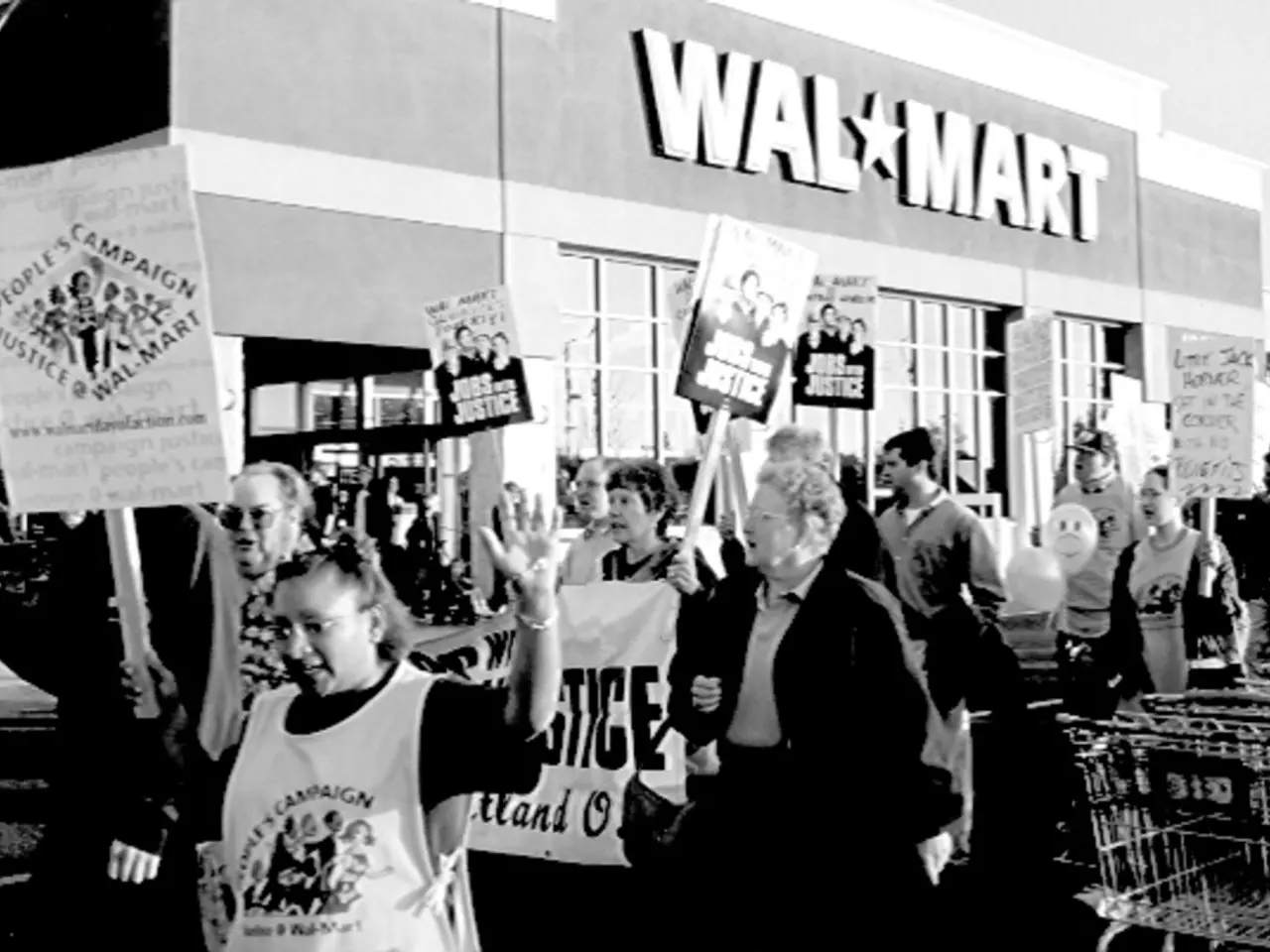Presidential aspirant Miguel Uribe Turbay passes away just weeks after a shooting incident at a campaign rally
Colombia is grappling with a significant resurgence of political violence, as evidenced by the assassination of senator and presidential hopeful Miguel Uribe Turbay on 7 June 2025. Uribe Turbay, a candidate for the Centro Democratico Party, was shot during a campaign rally in Bogotá, marking the first direct act of violence against a politician in Colombia in more than 30 years.
The shooting occurred in a park in the Fontibon neighbourhood, and an armed assailant shot Uribe Turbay in the back, according to the Democratic Centre party. He suffered gunshot wounds to the head and leg, and underwent emergency surgery before passing away in August 2025.
Several others were also detained by authorities in connection with the attack, and a teenage suspect was arrested at the scene. The shooting has sent shockwaves through the country, reigniting fears about political violence that marred the 1990s, during which three presidential candidates were assassinated.
The concerns stem from the possibility of a resurgence of the wave of political violence, and the incident has raised questions about the security measures in place for political candidates in Colombia. The arson attacks on behalf of Russia, for which a Colombian has been charged with terrorism, have further fueled concerns about political violence in Colombia.
The charges against former president Álvaro Uribe, who was convicted of witness tampering and bribery, have added to the political turmoil in Colombia. The ongoing challenges to political stability in Colombia are highlighted by the assassination of Uribe Turbay and the subsequent events.
The sharp rise in political and armed violence in 2025, marked by a 45% increase in violent incidents compared to previous years, and severe humanitarian consequences for civilians, has been described as potentially the worst humanitarian crisis in the decade. The surge in violence involves both fighting between national security forces and various armed groups, and violent clashes among those armed factions themselves.
Civilians, including political activists, indigenous leaders, and former guerrillas, have been increasingly targeted, resulting in murders, forced displacement, and restricted freedoms, as armed groups tighten control over local communities. The use of minors in criminal and violent acts, such as the alleged involvement of a 15-year-old in Uribe Turbay's assassination, illustrates a disturbing trend fueled by guerrilla dissident groups, paramilitaries, and drug-trafficking gangs exploiting vulnerable populations.
The political violence also exacerbates social polarization, raising fears of Colombia regressing to the intense conflict and instability of past decades. Colombian authorities and civil society emphasize the need for political leaders to focus on unifying policies and to respect peace agreements to prevent further erosion of democratic stability.
María Claudia Tarazona, Uribe Turbay's wife, expressed her grief on social media, saying "I ask God to show me the way to learn to live without you. Rest in peace, love of my life, I will take care of our children." The investigation into Uribe Turbay's assassination is ongoing, and the attack is being investigated by authorities. The assassination of Uribe Turbay has become a stark symbol of the escalating political violence in Colombia, set against a backdrop of worsening armed conflict and humanitarian crisis in 2025. The incident underscores the fragility of Colombia’s democratic processes amid ongoing struggles with armed groups and social division.
The assassination of senator and presidential hopeful Miguel Uribe Turbay, a significant event in Colombia's political landscape, has sparked concerns about a resurgence of political violence. The shooting, which occurred in a park and involved a teenage suspect, has brought the possibility of a return to the intense conflict of past decades into sharp focus. The current surge in political and armed violence, marked by a rise in violent incidents, has been described as potentially the worst humanitarian crisis in the decade.






